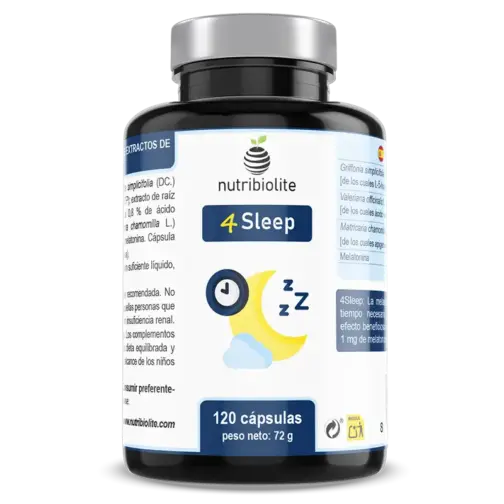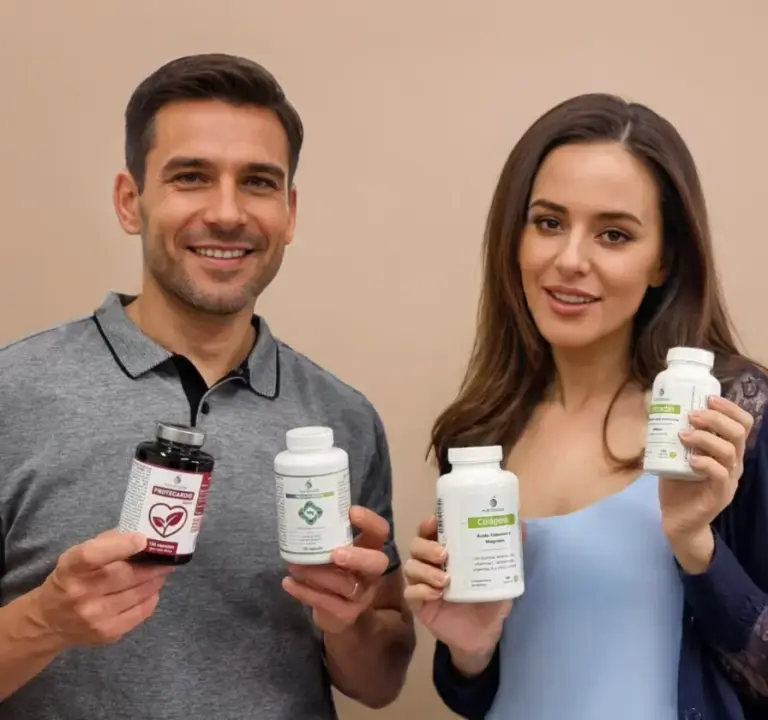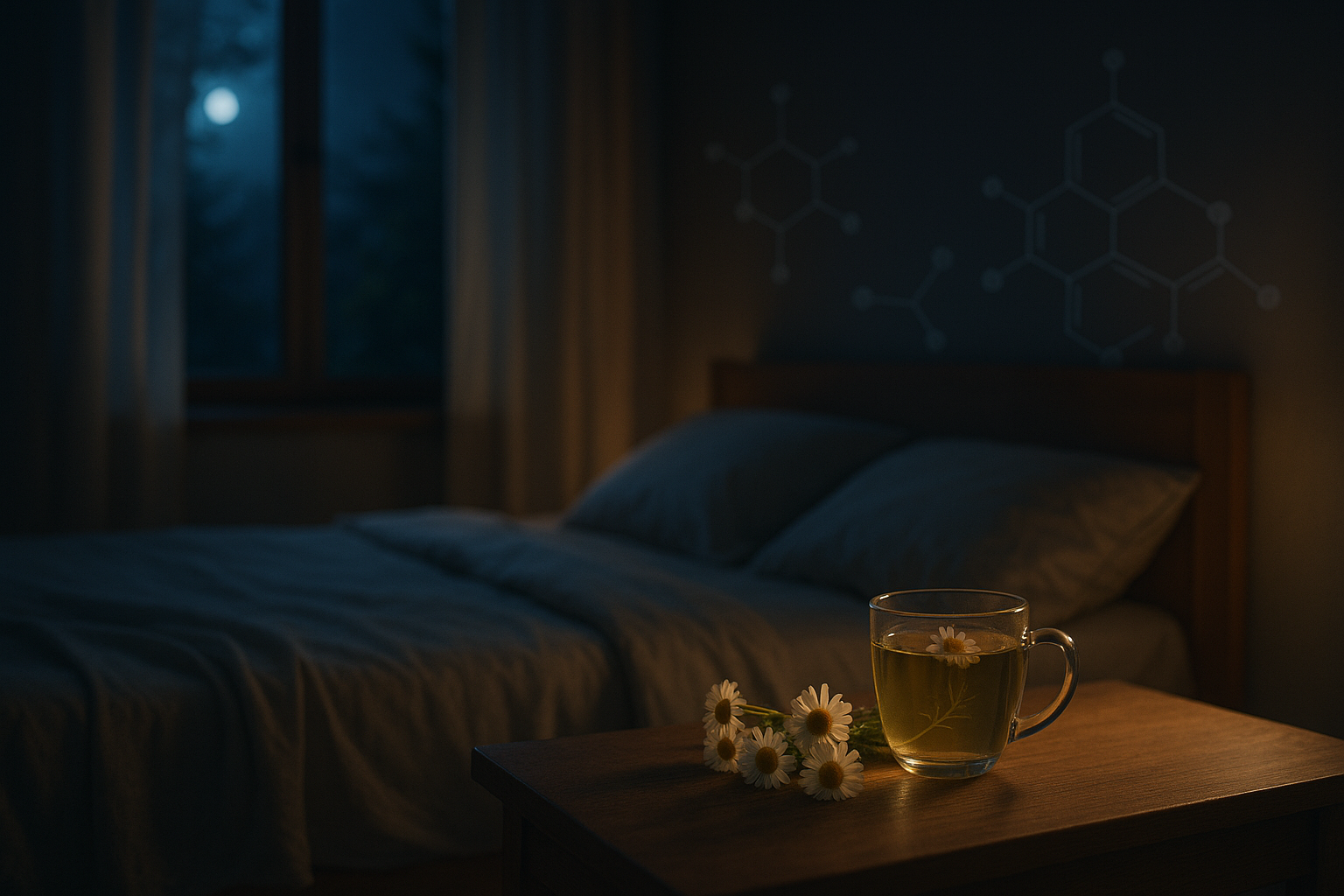A new study in Cells 2025 explored the impact of apigenin, a flavonoid found in chamomile, on resistant tumour stem cells in glioblastoma. The researchers found that apigenin promotes both cell self-cleaning (autophagy) and apoptosis or programmed death, as well as decreasing inflammatory factors and improving the brain environment after treatment. Although their focus is on oncology, these findings reinforce interest in plant compounds that modulate key biological processes also related to sleep and rest.
The study was conducted in human cell cultures and animal models. Apigenin reduced the viability of tumour cells and induced markers of neuronal differentiation. In mice, cells treated with this flavonoid did not form tumours and showed less local inflammatory reactivity. The authors note that clinical trials in healthy humans are still lacking, but the research suggests that certain phytochemicals may positively influence brain networks associated with the balance between activity and rest.
What this means for your sleep routine
Sleep quality depends not just on hours slept but on the neurochemical environment in which rest occurs. Natural compounds such as apigenin have been shown to modulate central nervous system responses, reduce pro-inflammatory signals and promote more stable states of nocturnal relaxation. Although the doses studied are higher than those present in traditional infusions, these results support the value of standardised extracts to accompany healthy routines.
It is not a matter of looking for miracle solutions but of understanding how small plant molecules can be added to a comprehensive strategy for night-time wellbeing: light suppers, dim light in the evening and consistent habits prepare the body for better sleep.
Melatonin and 5-HTP, internal allies of the sleep-wake cycle
Every night, when the ambient light falls, our brain starts a chemical dance that facilitates the transition to deep rest. Melatonin is its main messenger: it regulates when to sleep and helps synchronise our internal clock with external rhythms. Factors such as chronic stress, time changes or ageing can disrupt this natural signal.
Tryptophan – present in foods such as nuts and oats – is a precursor to 5-HTP, which in turn is transformed into serotonin and eventually melatonin during the night. When this pathway flows smoothly, falling asleep becomes easier and more stable. However, with age or in demanding situations, it can be useful to reinforce it with specific nutrients that act exactly where the physiological gap occurs.
Valerian and camomile, botanical relaxation without dependence
For centuries, tradition has supported plants such as valerian and chamomile for their calming effects before sleep. Today we know that their extracts concentrate active ingredients (valerenic acid, apigenin) capable of gently interacting with neurotransmitters involved in the wake-sleep transition.
Unlike pharmacological sedatives, these plants do not generate tolerance or residual drowsiness upon awakening. Their action accompanies the body while respecting its natural rhythms and allowing a clear and revitalising awakening.
When habits need extra support: this is how 4Sleep comes into play
There are times when deep rest seems unattainable despite taking care of nightly routines: long journeys with a time change, constant stress or simply altered cycles due to hormonal or vital causes. In these cases it makes sense to resort to a supplement aligned with our internal physiology.

Melatonin 1 mg and 5-HTP with relaxing plants.
4Sleep combines melatonin (1 mg), recognised by the European Food Safety Authority (EFSA) for its effect on sleep onset, with standardised Griffonia simplicifolia extract (providing 49 mg of 5-HTP), valerian (125 mg) and chamomile (108 mg). All ingredients are present in safe doses validated by European and international agencies.
Each capsule seeks to restore internal biochemical pathways when external or personal conditions make it difficult to maintain a stable sleep-wake cycle.
It is not a substitute for good sleep hygiene but can accompany it when habits are not enough.
Frequently asked questions about healthy night-time routine and responsible use of supplements
How do I take 4Sleep correctly?
Take one capsule about thirty minutes before bedtime, always accompanied by fresh water and preferably at regular times each night.
How does it differ from other melatonin-only supplements?
4Sleep integrates four key physiological pathways using pure melatonin (rapid release), Griffonia (precise source of 5-HTP), valerian and chamomile standardised to support both the onset and maintenance of natural sleep without causing a morning hangover.
Can it cause dependence if I use it every night?
No. It does not cause dependence or tolerance because it uses physiological doses compatible with the human body’s own internal rhythms according to current scientific evidence.
Is it safe to combine it with foods rich in tryptophan?
Yes, it can be perfectly combined as both paths converge towards a greater internal availability of serotonin-melatonin, thus facilitating smooth transitions to a good night’s rest.
How long can I use it regularly?
You can use it both occasionally and for prolonged periods as long as you respect the guidelines indicated on the label or consult your usual health professional if you have any specific doubts.
This content is informative and does not replace the advice of a healthcare professional.
















